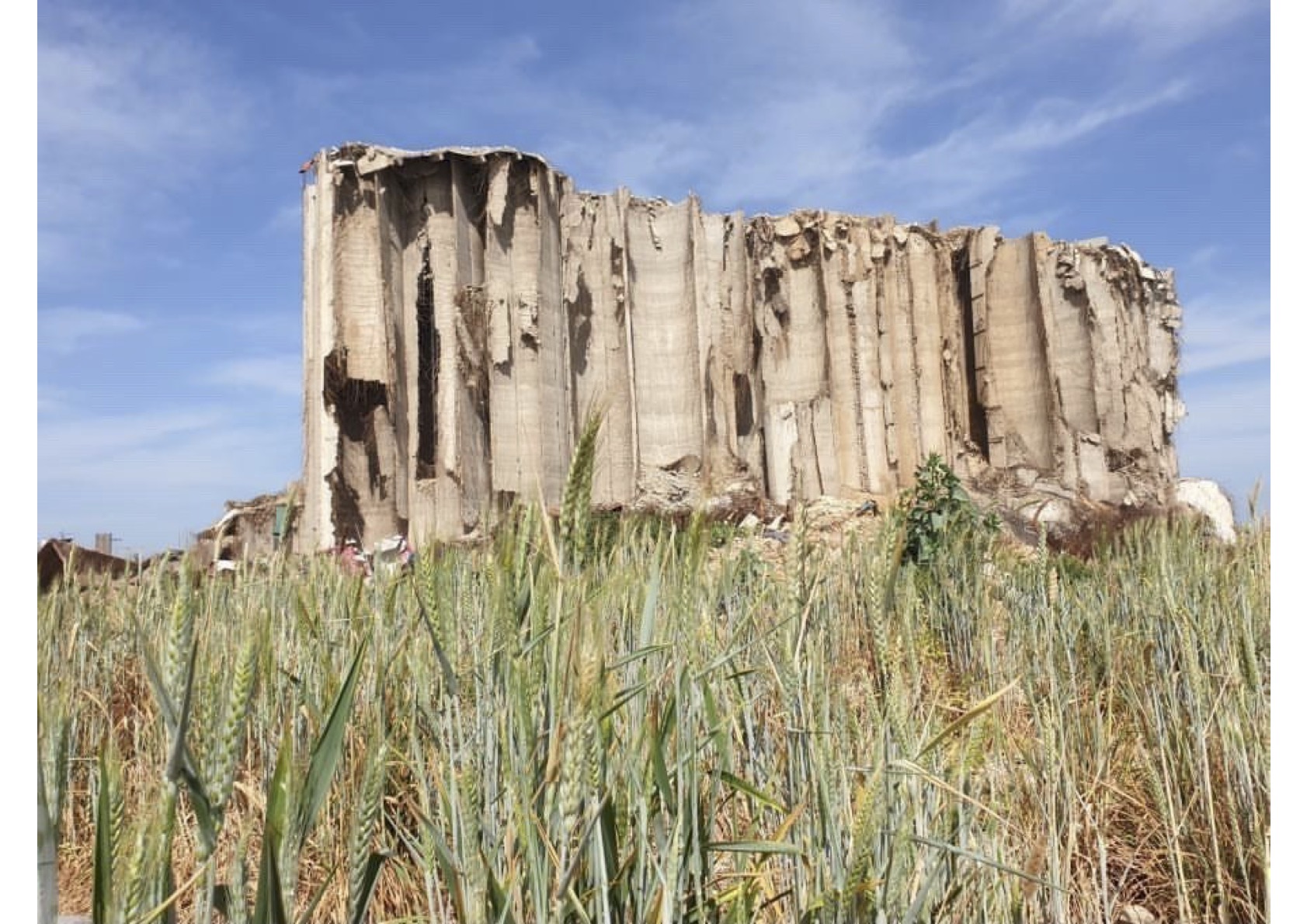Thomas Siggaard Andersen
How does participation in the rebuilding after the Beirut Harbour explosion engender spatial encounters and what are their qualities to create social change in Lebanon?
Since the explosion on August 4th, 2020, in the harbour of Beirut, civil society has worked tirelessly to rebuild the city in the absence of centralised governmental efforts. I argue that an explosion of that scale would disorient the population both a personal and a societal level, as both the body, the city and society are marked by the destruction and upheaval.

To test this hypothesis, this study draws on personal narratives from people who experienced the explosion, and who participated in the clean-ups, renovations and relief work, I explore how taking part in this process engendered encounters that transgress on social expectations and produce new imaginaries for the people of Lebanon to reorient themselves through.
The results show how, in the aftermath of the explosion, people found a sense of solace from their grief through working in the city and experiencing new forms of solidarity. Through their work, they would experience the city differently and have encounters wherein the pre-existing, post-war, modes of being were set aside to help. Relationships between people and civil society organisations organically emerged, shaped by different needs and capacities of different organisations, creating momentum for political change.
